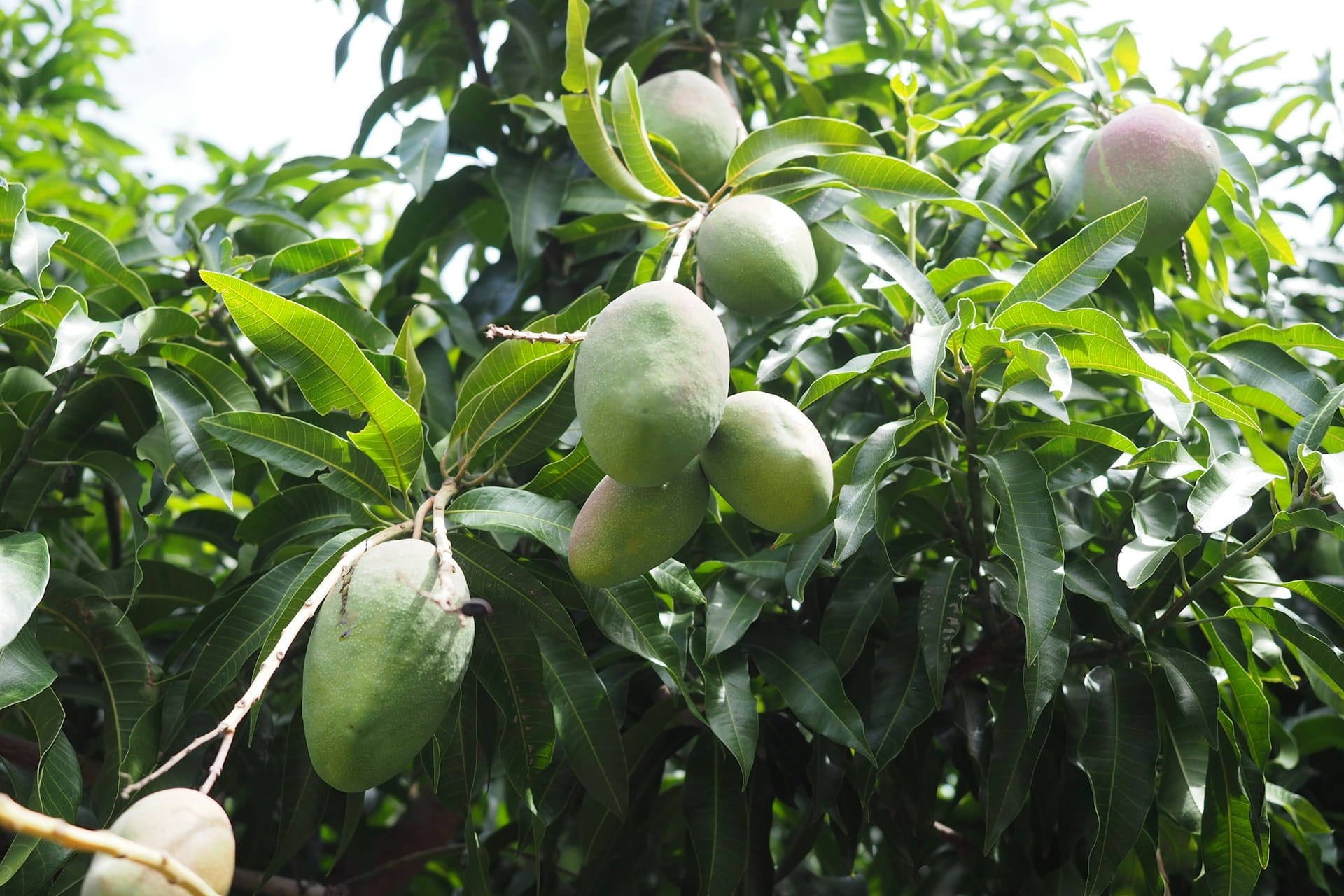St. Lucie Mosquito Control Begins Aerial Larviciding
St. Lucie County’s Mosquito Control and Coastal Management Services Department will begin aerial larviciding. It will begin next week along coastal preserves on Hutchinson Island to reduce mosquito populations.
St. Lucie County will use a small airplane to drop larviciding granules. It will be over the county’s mosquito impoundments on North and South Hutchinson Island. This will take place Monday, April 17, and Tuesday, April 18 (weather permitting).
This is the time of year when coastal, saltwater mosquitoes begin to breed. Mosquito Control uses proactive measures, such as aerial larviciding, as one method to battle mosquitoes. Larvicide is specifically targeted against the larval life stage of a mosquito. It has minimal impacts on wildlife and humans. This treatment is timed to coincide with the seasonal pump-up of mosquito impoundments along the riverside of Hutchinson Island. The higher water levels reduce mosquito breeding habitat. The use of these impounded areas gives Mosquito Control a natural means to fight mosquito populations that reduces our dependence on pesticides.
Prevent Bites
Wear light clothing when jogging or walking in the evenings. Homeowners can also assist in the prevention of mosquito populations by practicing the “tip and toss” method of emptying containers that collect standing water around their homes and yards.
Founded in 1926 through an Act of the Florida Legislature, St. Lucie County’s Mosquito Control District manages more than 4,300 acres of coastal salt marshes, using water control practices that mimic natural tidal inundation processes during managed and unmanaged periods. Through “Rotational Impoundment Management,” the county pumps more than 65 billion gallons of water annually into the wetlands to help reduce up to 90 percent of the coastal wetlands’ mosquito population without the need to use chemicals.
For more information on current Mosquito Control efforts please contact the St. Lucie County Mosquito Control Hotline at 772-462-1800. Up-to-date information on fogging operations is posted online.





